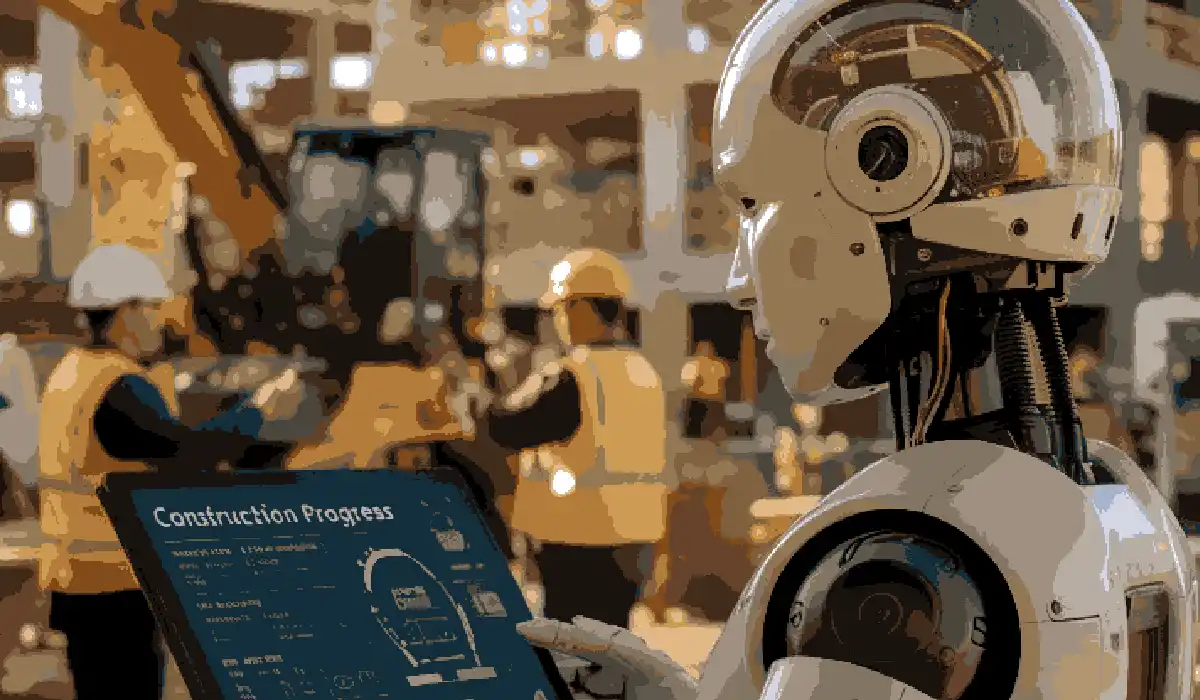The $10 trillion construction industry, is notorious for inefficiency. with 30% of budgets wasted on rework. Delays, errors, and miscommunication plague projects daily.
But AI for Construction Managementis is changing the game. slashing costs, boosting productivity, and enhancing safety like never before.
From predictive planning to autonomous drones, AI is reshaping how we build.
AI for Project Planning & Design: Smarter, Faster, Better
Before a single brick is laid, AI is already optimizing construction projects:
-Generative Design: AI algorithms analyze thousands of design variations, optimizing for cost, materials, and structural integrity.
-Predictive Analytics: Machine learning forecasts delays by analyzing weather, supply chain issues, and labor shortages, helping teams adjust .
– Risk Mitigation: AI identifies potential safety hazards and design flaws before they become costly.
Example: Autodesk’s AI-powered design tools help architects create more efficient blueprints in half the time**, reducing material waste by up to 20%.
Drones & Robotics on the Job Site: The Future of Construction
AI isn’t just planning. It’s on the ground, building:
Autonomous Drones can conduct site surveys in minutes (vs. days), track progress, and detect deviations from plans.
– Robotic Workers: Bricklaying robots like FBR’s Hadrian X lay 200 bricks/hour faster and with near-perfect precision.
AI-Powered Safety Cameras Track job sites in real-time, flagging unsafe behavior like missing hardhats before accidents happen.
Fact: Companies using AI-driven drones report up to 50% faster inspections and 30% fewer reworks
Overcoming Adoption Barriers: Why Some Firms Still Hesitate
Despite AI’s benefits, adoption lags due to:
-High Initial Costs (but ROI is proven AI reduces long-term expenses)
-Workforce Resistance (workers fear job loss)
-Data Privacy Concerns (secure, cloud-based AI solutions are addressing this)
Solution: Start small pilot AI tools in one project phase (like drone surveys) before scaling.
Question:
“If AI can cut construction waste by 30%, why isn’t every company using it yet?”
Conclusion: The AI-Powered Future of Construction
The future is clear: automated job sites, real-time digital twins, and AI-driven supply chains will dominate. Early adopters will lead in:
Efficiency (less waste, faster builds)
Safety (fewer accidents, more innovative monitoring)
Innovation (staying ahead of competitors)
The question isn’t whether AI will transform construction—it’s how soon your company will embrace it.
